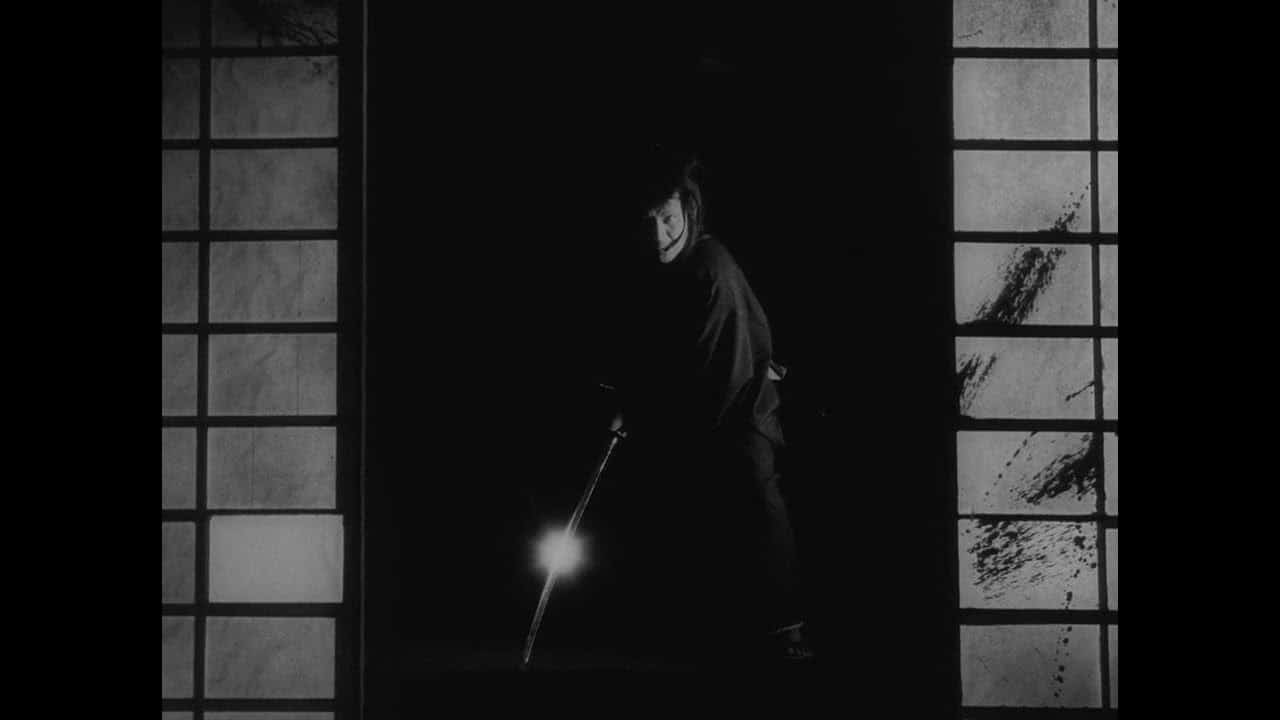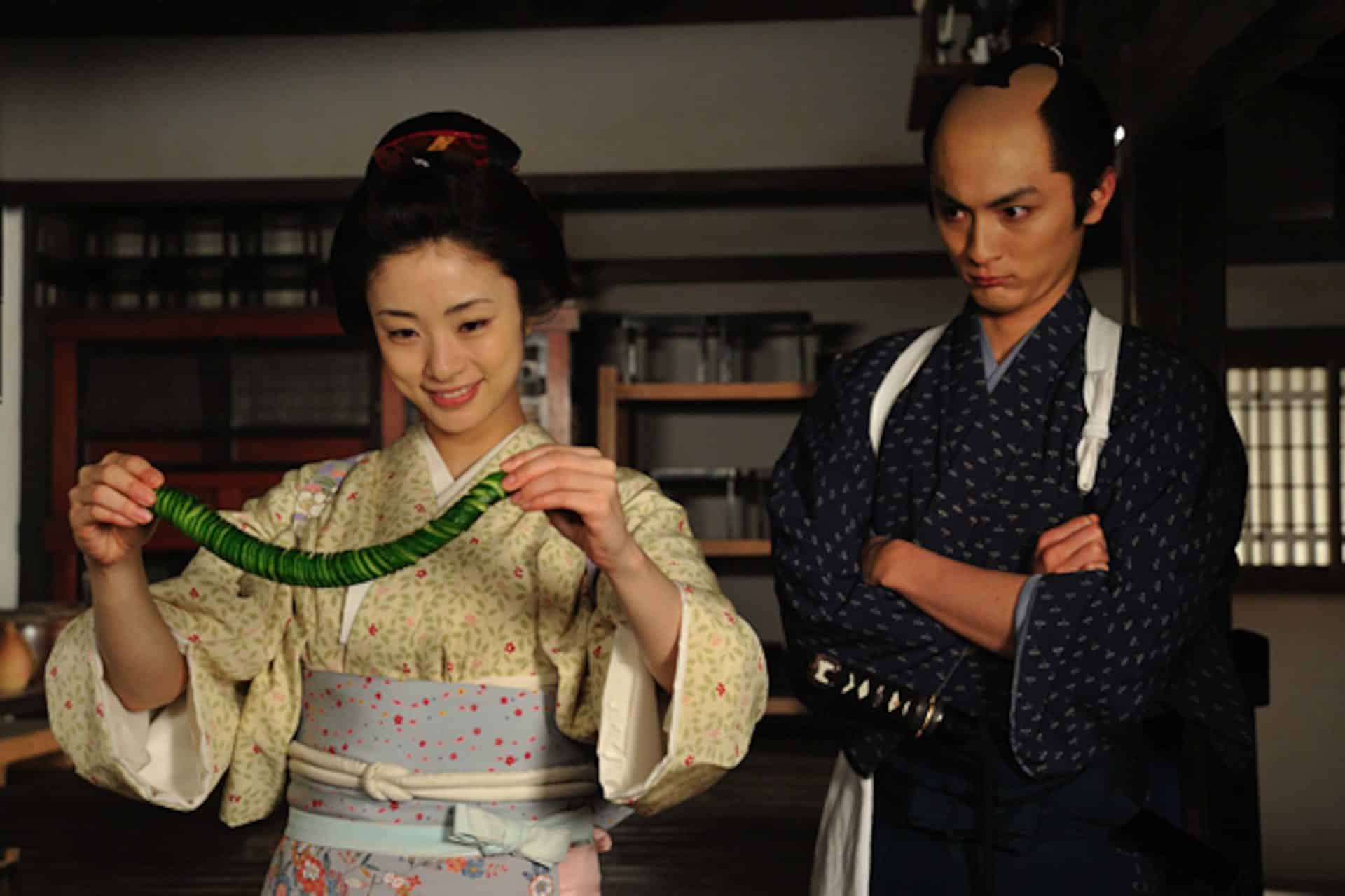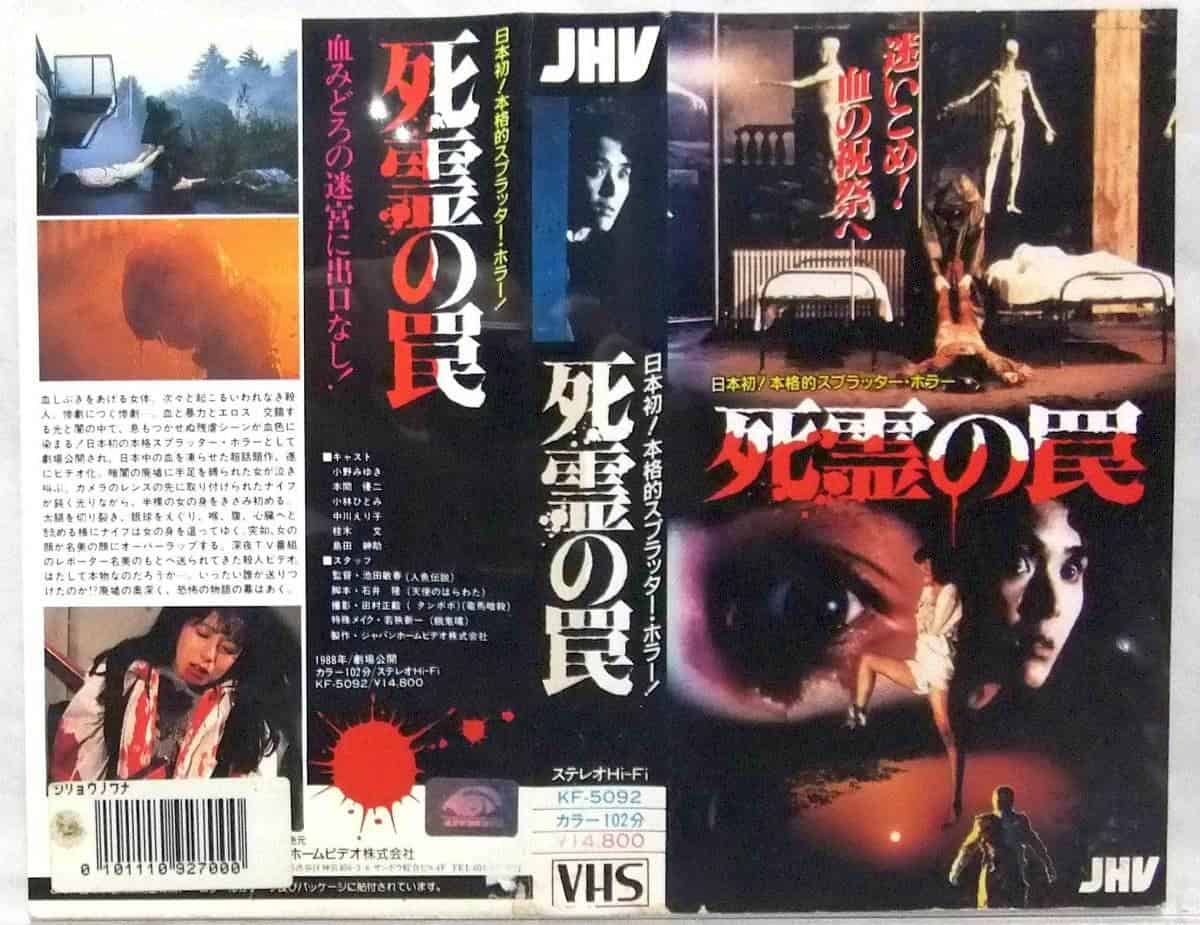Shunji Iwai made his feature debut in 1995 with “Love Letter” after a career directing music videos. It is a film that has some brilliant moments of filmmaking from someone who clearly knows their craft, though the music video influence can also grate and annoy at times. After a previous idol group documentary (“How to Forget Sadness: Documentary of Nogizaka46” (2015)), Takeshi Maruyama likewise switches from directing music videos to feature films with his ambitious ensemble piece “Spaghetti Code Love”.
Spaghetti Code Love is screening at Japan Cuts
Taking its name from unstructured source code, this is a number of separate stories of the lives of various young Tokyoites as they struggle to cope with love and life in the modern-day metropolis. There is a struggling musician who pines for her ex who now beds a high-class escort; a young photographer who falters at his big break, while having to fend off a young girl he met online; 2 heartbroken neighbours overhear and criticise each other through the walls; an Uber Eats delivery boy is obsessed with a former idol.
All are tales of modern struggles in the big city, with social media fuelling a high level of angst. Each character feels alienated and alone – quite cliched in modern cinema – with the oft quoted “If a tree falls in a forest and no one is around to hear it, does it make a sound?” featured heavily throughout. The post-modern approach, therefore, isn't one that can be defined as original.
With so many interwoven short stories included, the level of focus on each suits a music video director, in that you can tell a story with visuals without needing too much depth and characterisation. And to start, this is the case. No character features more than any other; and with the use of voiceover for the inner thoughts of each as they pine their lot, it is difficult to identify with or have much sympathy for any one character as we don't get to know them beyond their social media angst.
There is a switch at the film's midway point, however, as Wong Kar-wai-esque stylised inner monologues are replaced with actual dialogue and interaction between characters. And this is a good move by Maruyama, as well as a necessary one. This allows for more depth to come out from the characters as they discuss their feelings rather than post them online.

But this is also the point Maruyama is trying to get across: we now live in a world where social interaction has become lost, with our inner and outer-selves being very different people. The outer-self is screaming out to the world for approval, while the inner-self just wants to be loved. With the focus on a large number of short stories, the big city is a place of fleeting, fast moments where everyone is trying to scream louder than the next.
It's not all angst, and “Spaghetti Code Love” does offer some moments of comedy, as 2 young friends discuss their suicide pact; a school boy sits in a conbini trying to plan his entire life as part of his homework; and the aforementioned neighbours who obsess over fortune teller video calls and peanut butter respectively.
Much like Iwai before him, Maruyama is able to use his music video past in his stylistic choices. The cinematography of Chigi Kanbe is slick throughout, with the camera almost floating around the cast. This gives a sense of the constant movement of the big city, focusing very much on the urban and the urbane. Maruyama, however, does perhaps slip into moments of hyper-stylisation; the camera often held at angles for angles' sake.
Though multiple stories, this is a considered film of two halves. The first focuses on the old tree falling proverb, which seems a little bland to start, but develops to show how social media posts without any sign of engagement from followers can leave the poster feeling alone and unheard. The second half switches its focus to discussions between the cast members, and more reflective of another cliched proverb “A problem shared is a problem halved.” This all seems obvious, but the simplest points can be the most effective. Shunji Iwai is a director whose work may annoy you to start, feeling overly styled and overloaded with whimsy, but the more you watch them, the more they grow on you. Maruyama has this same flair in his filmmaking, and I see more films of emotional struggle as I emotionally struggle through them.
















